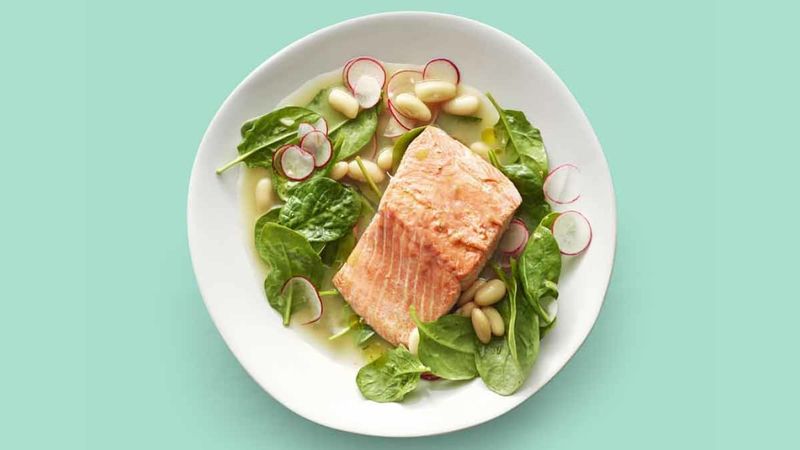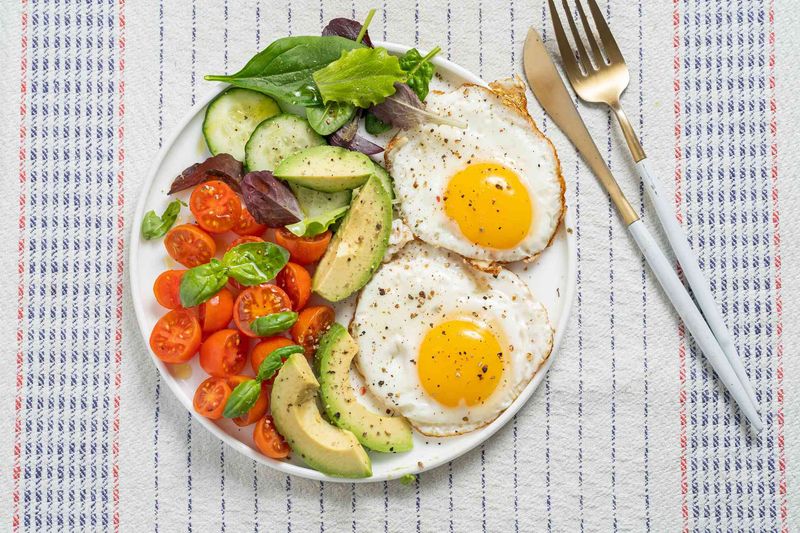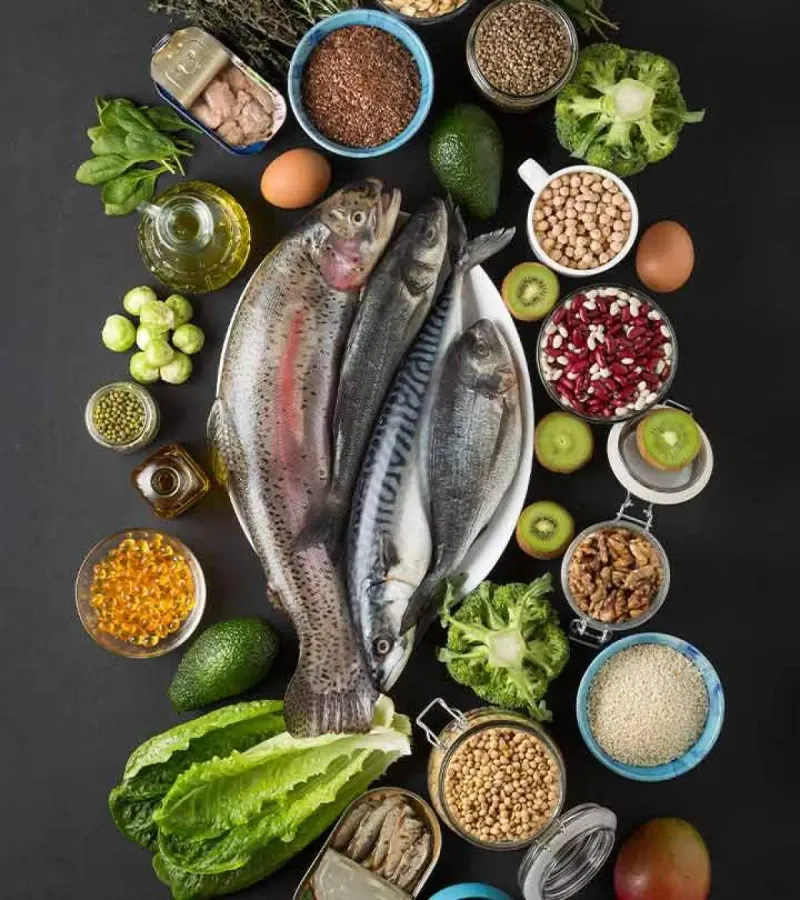7 Food-Related Tips To Protect Your Aging Muscles

As we age, our muscles require more care and attention through our diet. Ensuring muscle health involves specific food choices that enhance protein synthesis, reduce inflammation, and maintain overall strength. Here are seven food-related tips to help protect your aging muscles and keep them functioning at their best.
1. Prioritize Protein at Every Meal

Muscles thrive on protein, especially as we age. The body’s efficiency in processing protein diminishes over time, necessitating an intake boost. Incorporate 20–30 grams at each meal to sustain muscle health. Choose from varied sources—like eggs, chicken, and fish—to keep your meals interesting. Greek yogurt, lentils, and tofu are excellent additions to a diverse diet.
Consider lean beef for a hearty protein punch. By consistently providing your body with adequate protein, you can support muscle maintenance and growth, ensuring longevity and vitality in your day-to-day activities.
2. Include Leucine-Rich Foods

Leucine, a crucial amino acid, triggers muscle protein synthesis—a key process in muscle health. Aging muscles benefit from leucine-rich foods like whey protein, cottage cheese, and eggs. Start your morning with a protein shake or a bowl of cottage cheese.
Soybeans offer a plant-based leucine option, ensuring vegetarians aren’t left out. These foods not only help maintain muscle mass but also enhance recovery and growth. Make them a regular part of your diet to support muscular strength and function.
3. Don’t Skip Breakfast (Or Protein at Breakfast)

Breakfast sets the tone for the day, particularly for muscle nourishment. Older adults often miss out on protein in the morning, which can hinder muscle maintenance. Start your day with eggs or Greek yogurt, complementing them with a refreshing protein smoothie.
This combination fuels your muscles right from the start, providing the necessary nutrients for the day’s demands. Maintaining a protein-rich breakfast routine can significantly contribute to muscle health and overall energy levels.
4. Add Omega-3s to Reduce Inflammation

Omega-3 fatty acids are inflammation fighters, crucial for safeguarding muscle health. Fatty fish like salmon, sardines, and mackerel are rich in these beneficial fats. Regular consumption helps counteract chronic inflammation, which can contribute to muscle loss.
Plant-based sources include walnuts, flaxseeds, and chia seeds, offering versatile options for diverse diets. Integrating omega-3-rich foods into your meals supports not just muscles, but also heart and brain health, promoting overall well-being.
5. Stay Hydrated

Water makes up nearly 75% of muscle tissue, highlighting the importance of hydration. Even slight dehydration can impact muscle strength and endurance. Older adults should make it a habit to sip water throughout the day.
Incorporating water-rich foods such as fruits and vegetables can also support hydration efforts. By maintaining optimal hydration, you ensure that your muscles continue to function efficiently and that your body remains energized.
6. Use Protein + Carbs After Activity

After any physical activity, combining protein and complex carbohydrates aids in muscle recovery and growth. Foods like tuna on whole grain bread or a turkey wrap provide the nutrients needed for muscle repair.
Greek yogurt with berries is another delightful option, offering both protein and antioxidants. This balanced post-exercise nutrition not only replenishes energy but also primes muscles for subsequent activities, ensuring sustained performance and strength.
7. Watch for “Muscle Drainers” Like Alcohol & Ultra-Processed Foods

Alcohol and ultra-processed foods can negatively impact muscle health by promoting inflammation and interfering with nutrient absorption. Limiting their intake helps preserve your muscle integrity. Focus on whole foods rich in essential nutrients.
Magnesium and vitamin D are particularly beneficial for muscle function. By making mindful dietary choices, you can protect your muscles from these “drainers” and enjoy a healthier lifestyle with greater longevity.
